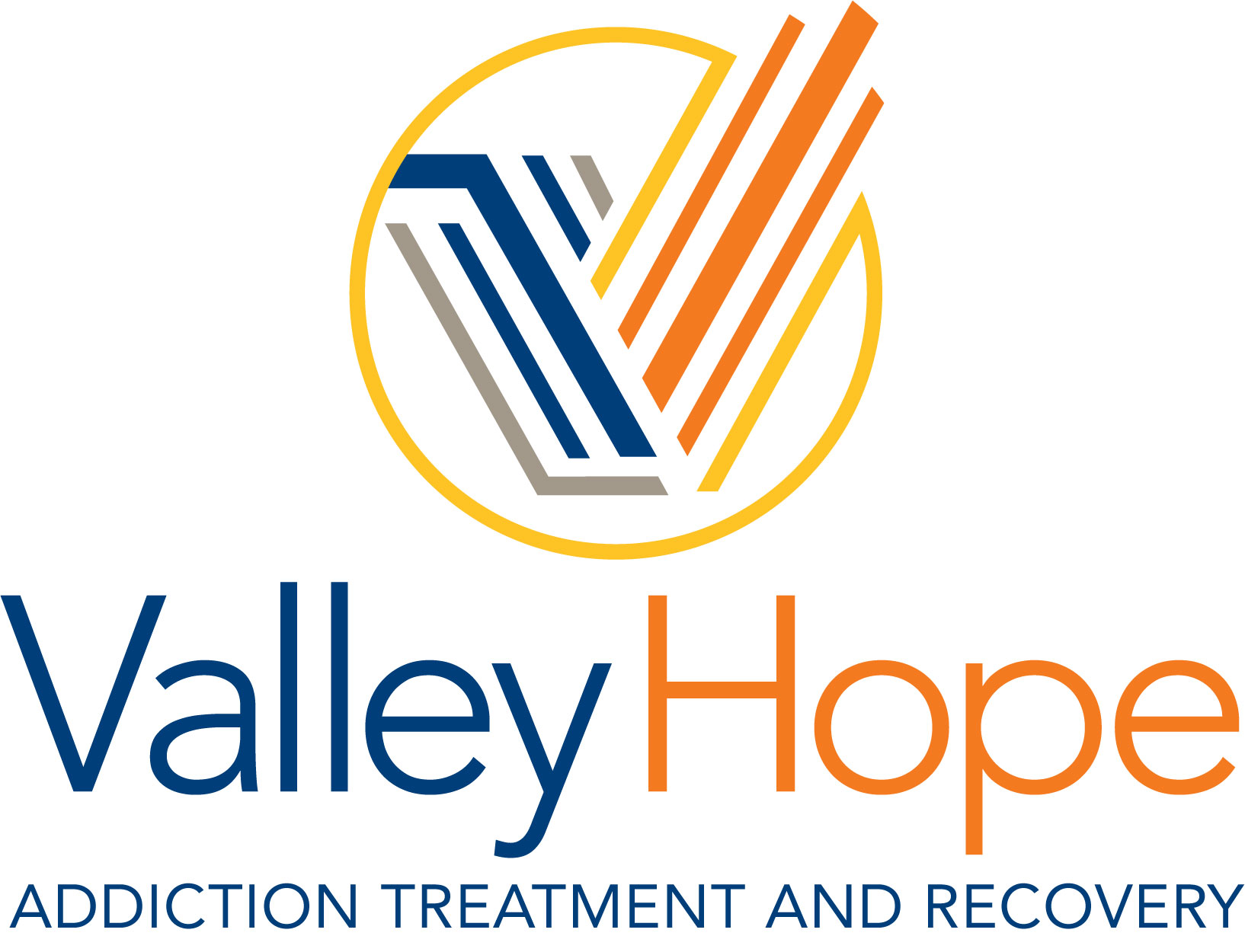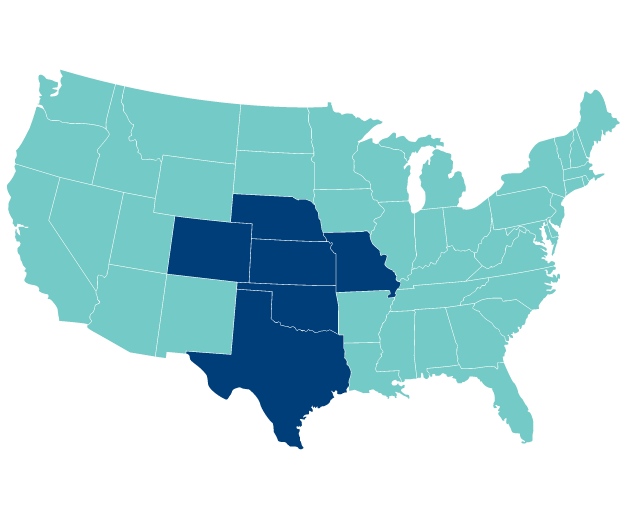For people living in sobriety, practicing gratitude is an essential part of strengthening their recovery journey. In fact, there are scientific studies that reveal a myriad of benefits for emotional and physical health built by regularly exercising the gratitude “muscle” — something the recovery community has known for a long time.
Why is practicing gratitude so beneficial to sobriety?
Gratitude fortifies your recovery by building a mindset of happiness, peace and selflessness that will empower your journey and positively impact your attitude and relationships. And the good news is that the benefits occur almost immediately, significantly impacting recovery success and overall well-being.
There are five simple practices that can build a strong gratitude routine, provide relief from negativity, and strengthen sobriety:
1. Make Morning Affirmations
Start your day in gratitude and take five minutes each morning to offer appreciation. Meditate on three things you are grateful for and let them simmer throughout your day. You can also practice a more in-depth gratitude meditation each morning accompanied by journaling and affirmation reading. Fit your routine to your schedule and start each morning in thankfulness to set the tone for the day.
2. Appreciate the Small Stuff
Sometimes, it’s the little things that make life grand. Be intentional about showing appreciation for and focusing on the simple things that largely went unnoticed before recovery —clear blue skies, a flock of birds, a starry night – take in the world around you and find the wonderful things that fill you with joy.
3. Create Love in Action
Beyond self-reflection and appreciation, gratitude should be practiced as love in action. In recovery, the brain begins to heal and as it heals, with practice, selfishness and other damaging attitudes begin to fade away. Replacing selfishness with gratitude can be revealed through intentional service to others by volunteering, charitable giving and even supporting others in recovery. You can also show love and appreciation for your loved ones and support system through simple notes, check-ins, and kind gestures.
4. Show Thankfulness
Throughout each day, be mindful of your interactions and observations of others. Be mindful of sharing your gratitude for others as they cross your path or as you observe good deeds on behalf of strangers. Be generous in sharing and showing your appreciation for their actions and efforts as you go about your day.
5. Write It Down
Gratitude journals are a popular resource for cultivating mindfulness. Keeping a gratitude journal is a simple activity that can further deepen and exercise your attitude of appreciation. At the end of the day, simply write down a list of what you are grateful for in that moment. Some days your entries may be brief, other days may encourage an intense, lengthy entry. If you are having trouble, experts recommend asking the following questions: “Who or what inspired me today?” “What made me smile today?” “What’s the best thing that happened today?” No writing skills required – the practice itself is enough to work on your gratitude “muscle.”
Finding Gratitude in Addiction Recovery
Even in a challenging world, you can be grateful for a fresh start, for possibilities and opportunities. Be grateful for your recovery.
If you are looking for help to enhance your recovery, Valley Hope provides extensive resources to the sober community, and we provide our alumni with a free recovery support system that provides ongoing opportunities that reinforce sobriety.
If you or someone is struggling with addiction and is ready to seek sobriety, Valley Hope provides compassionate, customized, evidence-based addiction treatment that is designed to help those suffering find a successful, fulfilling path to lifelong recovery.
Discover the full continuum of substance abuse treatment services available at 14 programs across six states including local centers in Phoenix, Denver, Wichita, Kansas City, Omaha, Oklahoma City, Columbia, Missouri, and Grapevine, Texas.
Call (800) 544-5101 for a free level of care screening to determine if you require clinical addiction treatment.











